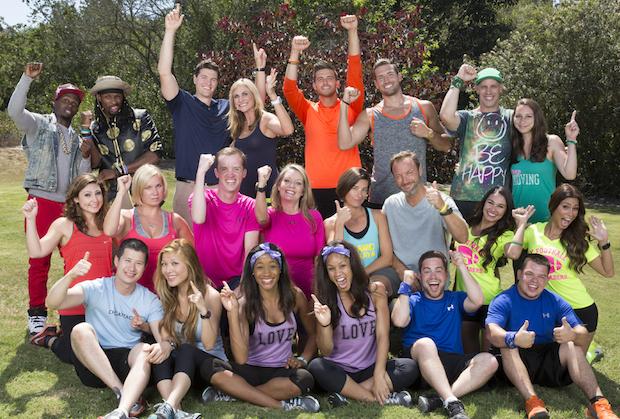27 seasons is a long time to be on television. There are few shows that have maintained their spot on television for that long. Especially a reality TV show. Yet The Amazing Race has been airing on CBS since May of 2001. CBS has tried their hand at a few competition shows that have ended up as duds. Take The American Baking Competition. They pulled the plug on that show after only 7 episodes. Along with Survivor, The Amazing Race has been their most successful competition show.
Each week, pairs race to a location where they encounter physical and mental challenges. The last team to complete the challenges is eliminated, until there is one team remaining. That team wins the ultimate prize: 1 million dollars.
Phil Keoghan hosts the show, announcing each dramatic twist and turn of events from a game-ending injury to a team sabotage. At the end of the show, he awards the triumphant winner with a cash prize or free trip, and sends the losing team home.
For 27 seasons, The Amazing Race has followed this format. And for 27 seasons, millions of viewers have tuned in to watch this amazing race.
There’s something about racing around the world that is enticing. A new country every week, filled with new adventures and challenges. Sky diving. Exotic foods. Meeting new people. Experiencing culture. It sounds thrilling.
Perhaps this thrill factor is what has kept The Amazing Race on the air for so long. In seasons past, the producers have tried different formatting. Season 26 was a “blind date” format, where six couples went against six teams made up of blind dates. The “blind date” couples had never met each other before, making the race an interesting journey for them. In season 18, the network put on a redemption season. Former fan favorites that had previously failed to win the $1 million were invited back to race again. Though these added elements were exciting, I don’t believe that they are what pulls the viewer back for more. It’s experiencing different cultures and adventures through your TV screen each week.
There is next to nothing wrong with The Amazing Race. Directors Bertram van Munster and Evan Weinstein have created an engaging show with hidden benefits. By watching the show, the viewer is gaining appreciation for other cultures. Many of the challenges align with the local traditions, giving the viewer a look at the practice’s of different countries. Teams meet priests in the middle of the Philippines, participate in a traditional Indian wedding, and learn tribal dances in Africa.
However, if the viewer is looking for drama, The Amazing Race does not provide. It can be an emotional journey, and the disappointment of losing is bitter. There are bits of banter between the partners, and alliances formed amongst teams, but beyond that, the social drama is kept to a minimum. Perhaps this is a wise move by the directors. There is little room for petty drama when you’re racing around the world.
CBS also airs Survivor, another successful, long-running reality series. Like The Amazing Race the show allows the viewer to experience unique adventures through their screen. However, Amazing Race also offers the cultural diversity and the element of constant racing that Survivor lacks. It is an amazing race to experience.



![Community honors longtime coach Mr. Bryan Thomas before Oct. 3 game [photo gallery]](https://nchsinkspot.com/wp-content/uploads/2025/10/Thomas-6-1200x1200.jpg)

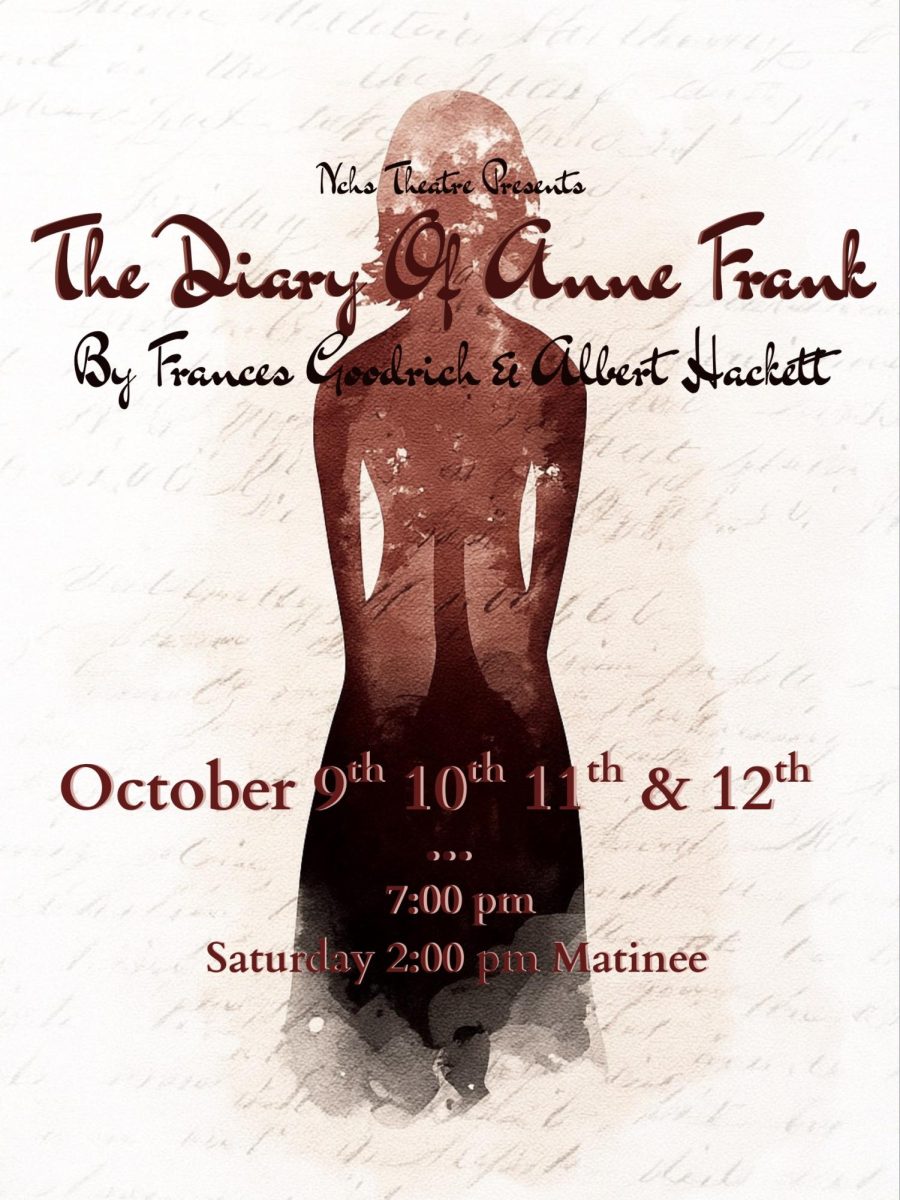





















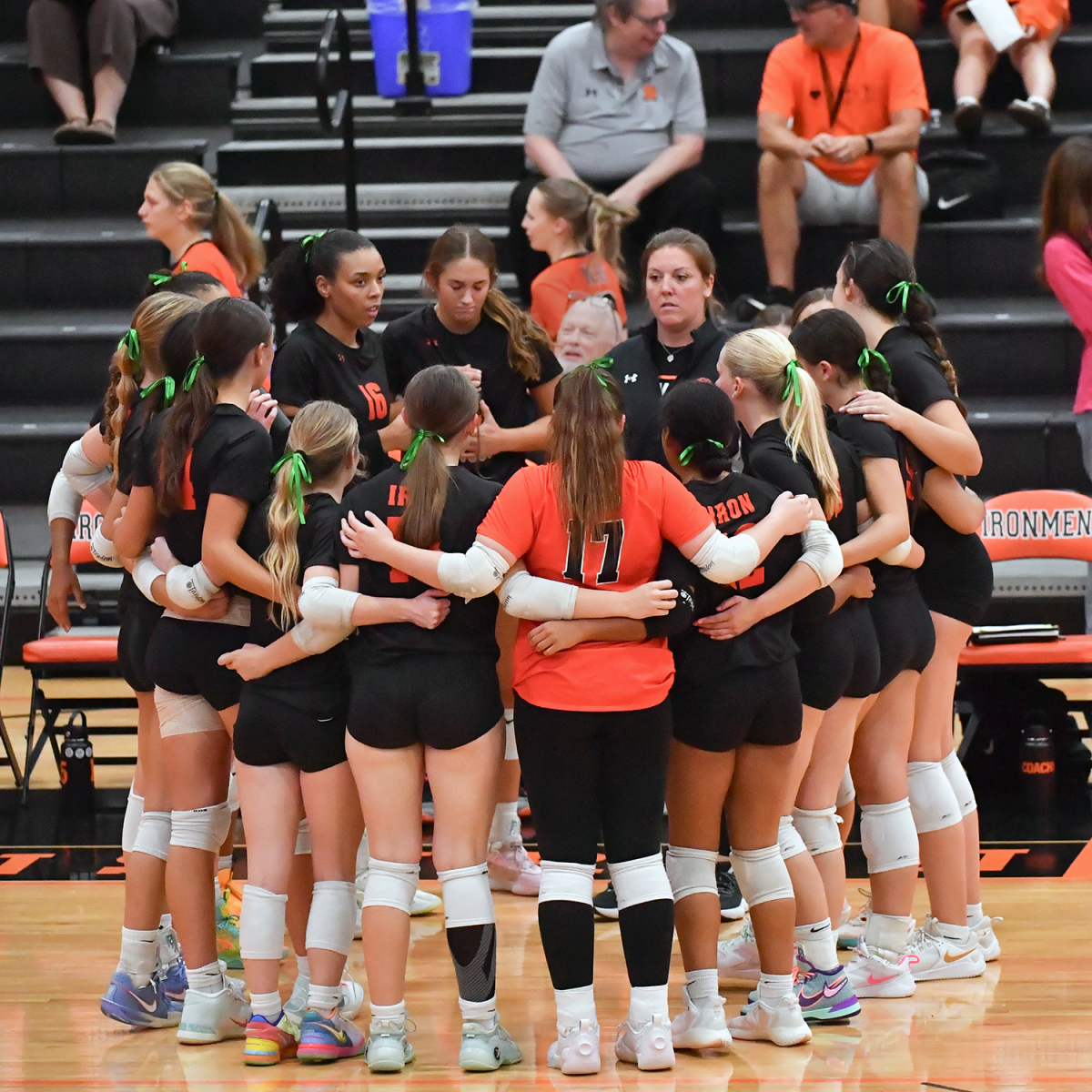


![Ironmen volleball head coach Ms. Christine Konopasek recorded her 400th career victory Oct. 21 as the Ironmen closed their regular season with a 2-0 sweep over Danville.
[Photo Illustration]](https://nchsinkspot.com/wp-content/uploads/2025/10/Vball400Thumb.png)







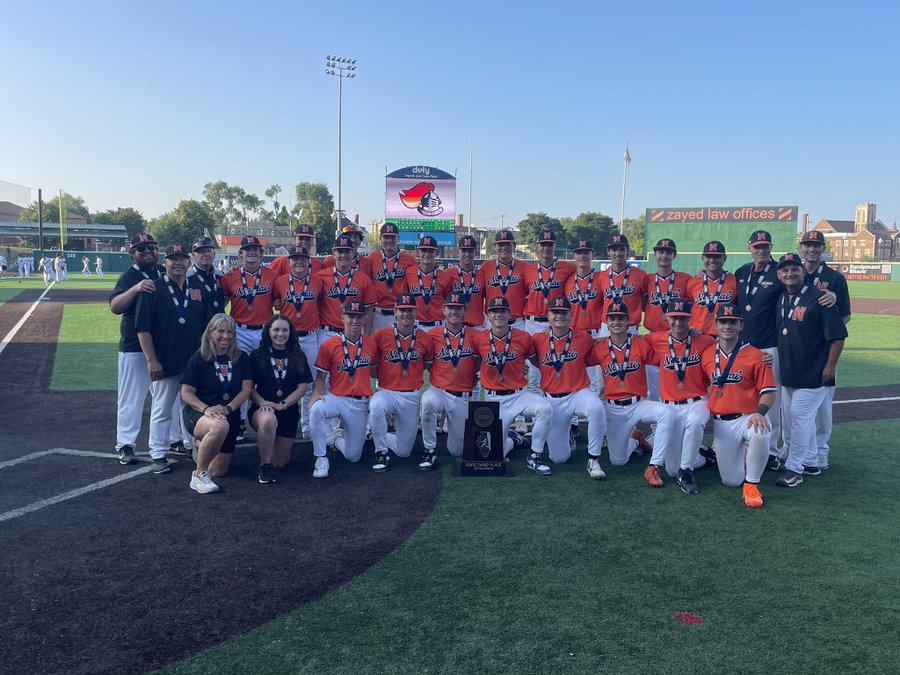








![Halloween candy cross section quiz [quiz]](https://nchsinkspot.com/wp-content/uploads/2022/10/Candy-cover-big-900x675.png)
![Average Jonah? [quiz]](https://nchsinkspot.com/wp-content/uploads/2022/05/average-jonah-900x600.png)







![[Photo Illustration]](https://nchsinkspot.com/wp-content/uploads/2025/09/trigger-words-1.png)










![Week 9: Coach Drengwitz on Week 8’s win, previewing Peoria High [video]](https://nchsinkspot.com/wp-content/uploads/2025/10/W9_PeoriaThumb.png)
![Postgame: Drengwitz on Community’s 56-6 win over Champaign Centennial; staying unbeaten in Big 12 [video]](https://nchsinkspot.com/wp-content/uploads/2025/10/10.17_FBwChampCent56-6_POST_thumb.png)
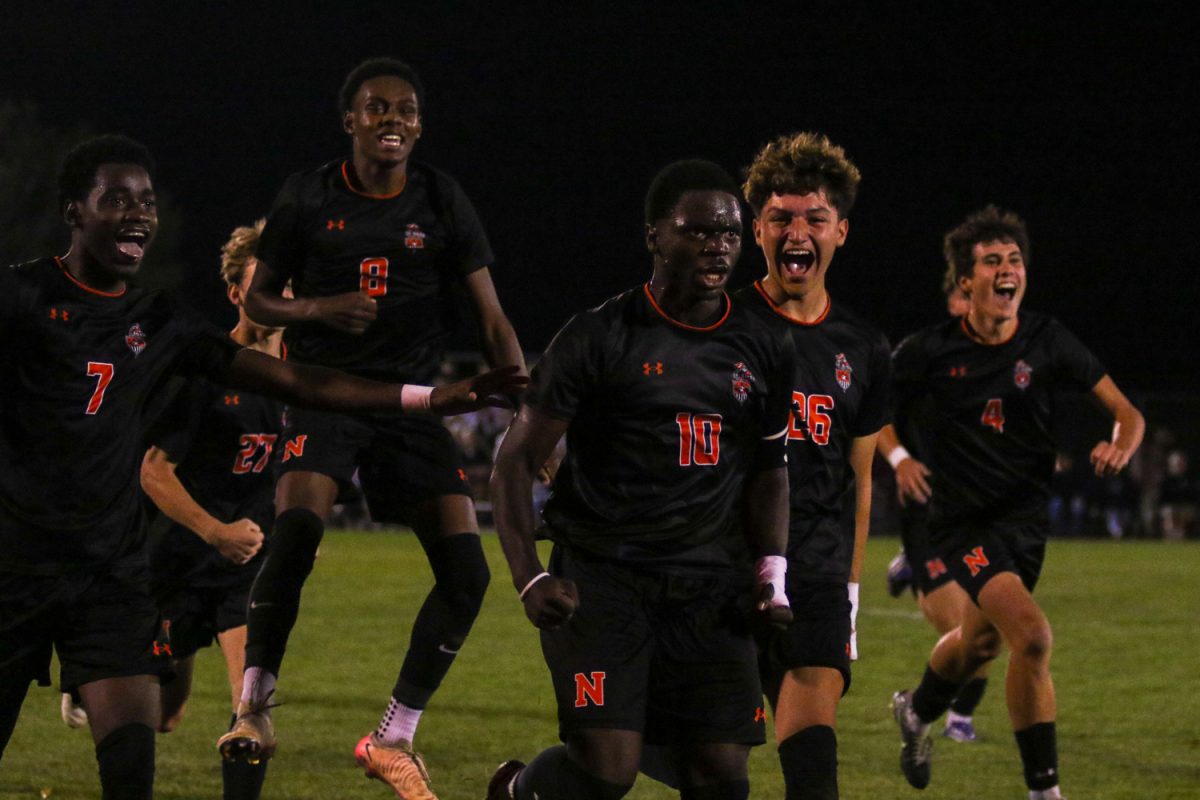






![Week 7: Coach Drengwitz recaps the Ironmen’s win over Bloomington, talks Danville [video]](https://nchsinkspot.com/wp-content/uploads/2025/10/Vikings-feature-Image-1200x675.png)
![On the Spot: This or That – Halloween [video]](https://nchsinkspot.com/wp-content/uploads/2024/10/tot-Halloween-YT-1200x675.png)
![On the Spot: This or That – Fall favorites [video]](https://nchsinkspot.com/wp-content/uploads/2024/10/ots-fall-web-1200x800.png)
![On the Spot – Teachers tested on 2023’s hottest words [video]](https://nchsinkspot.com/wp-content/uploads/2024/01/On-the-Spot-Teachers-tested-1200x675.png)








